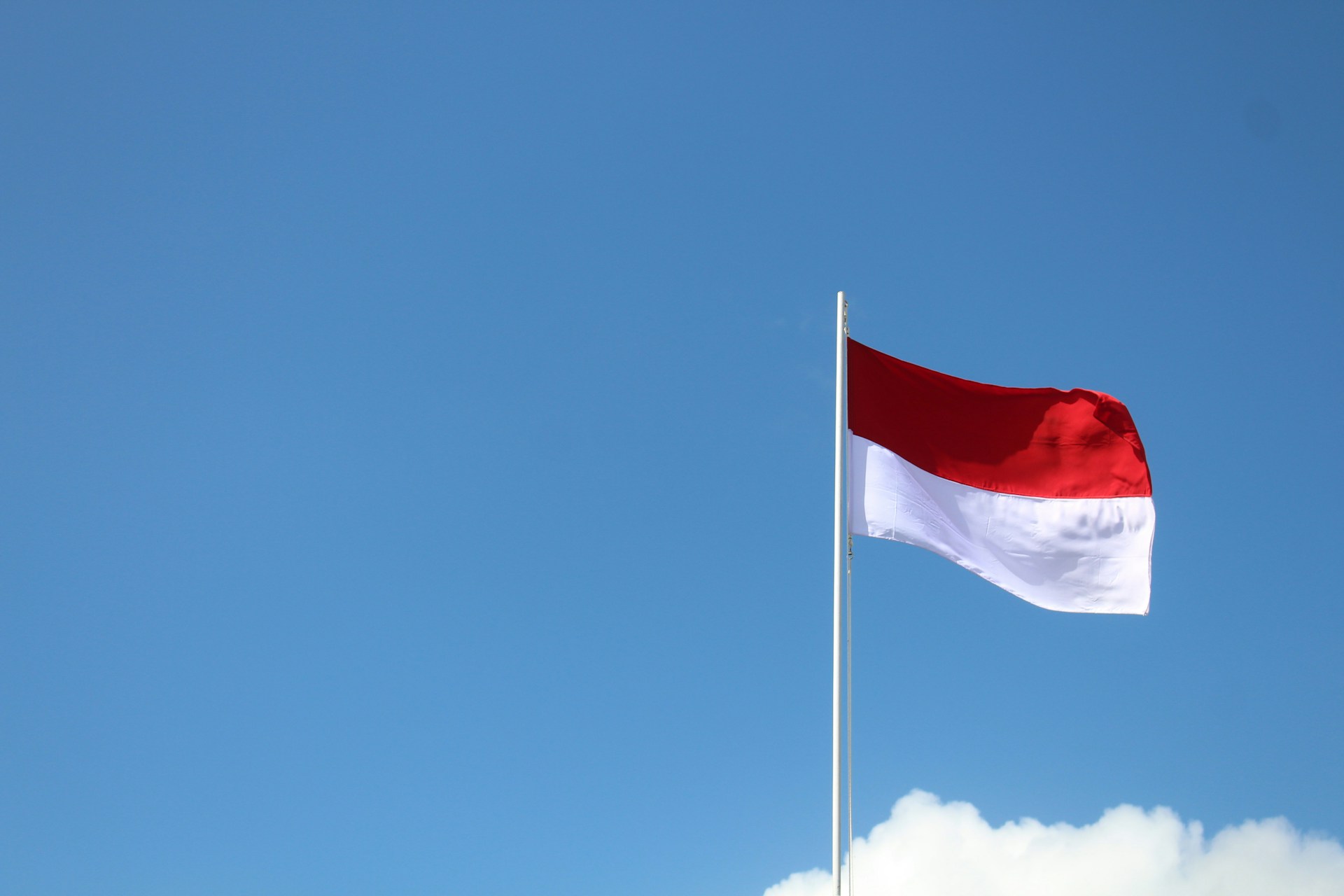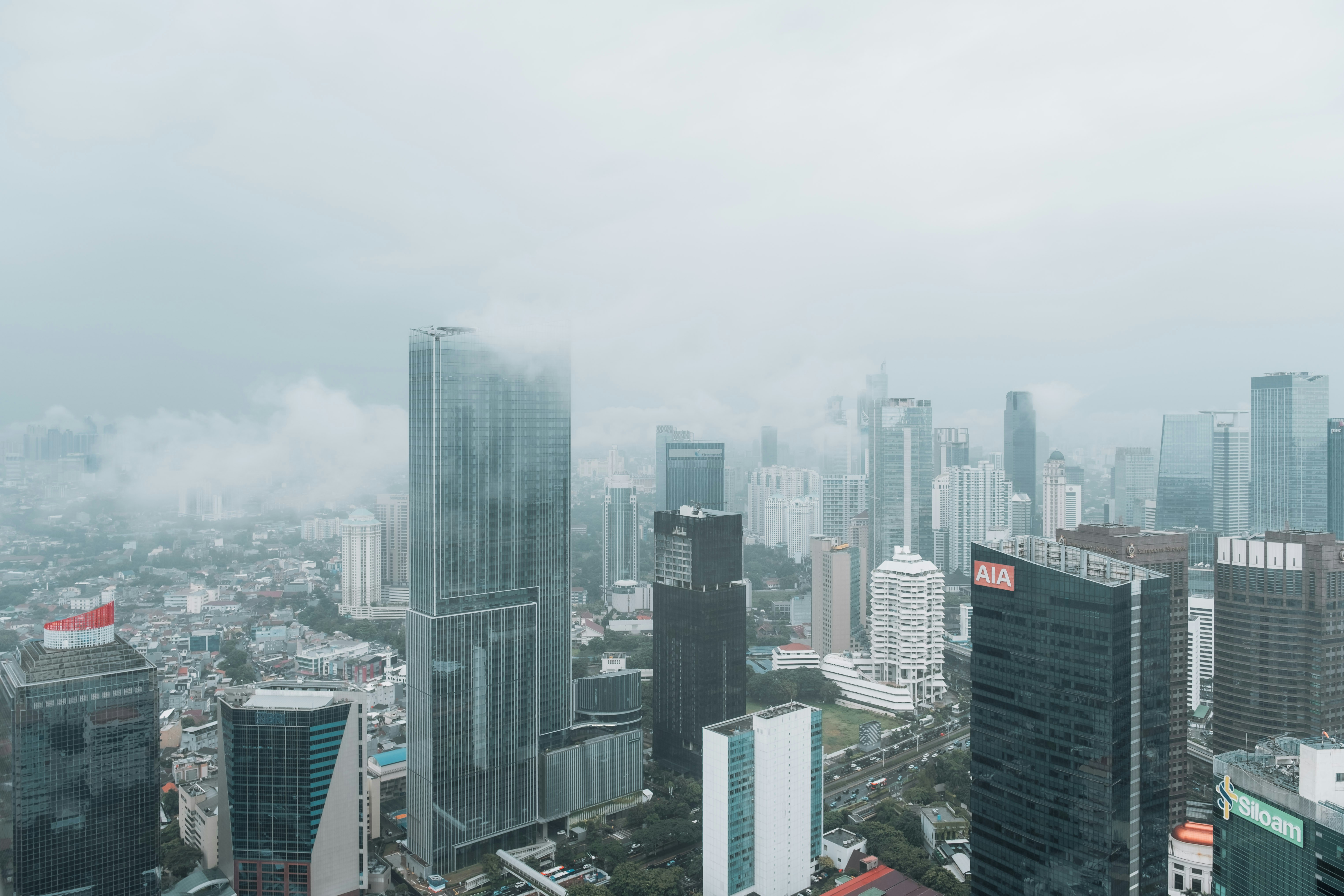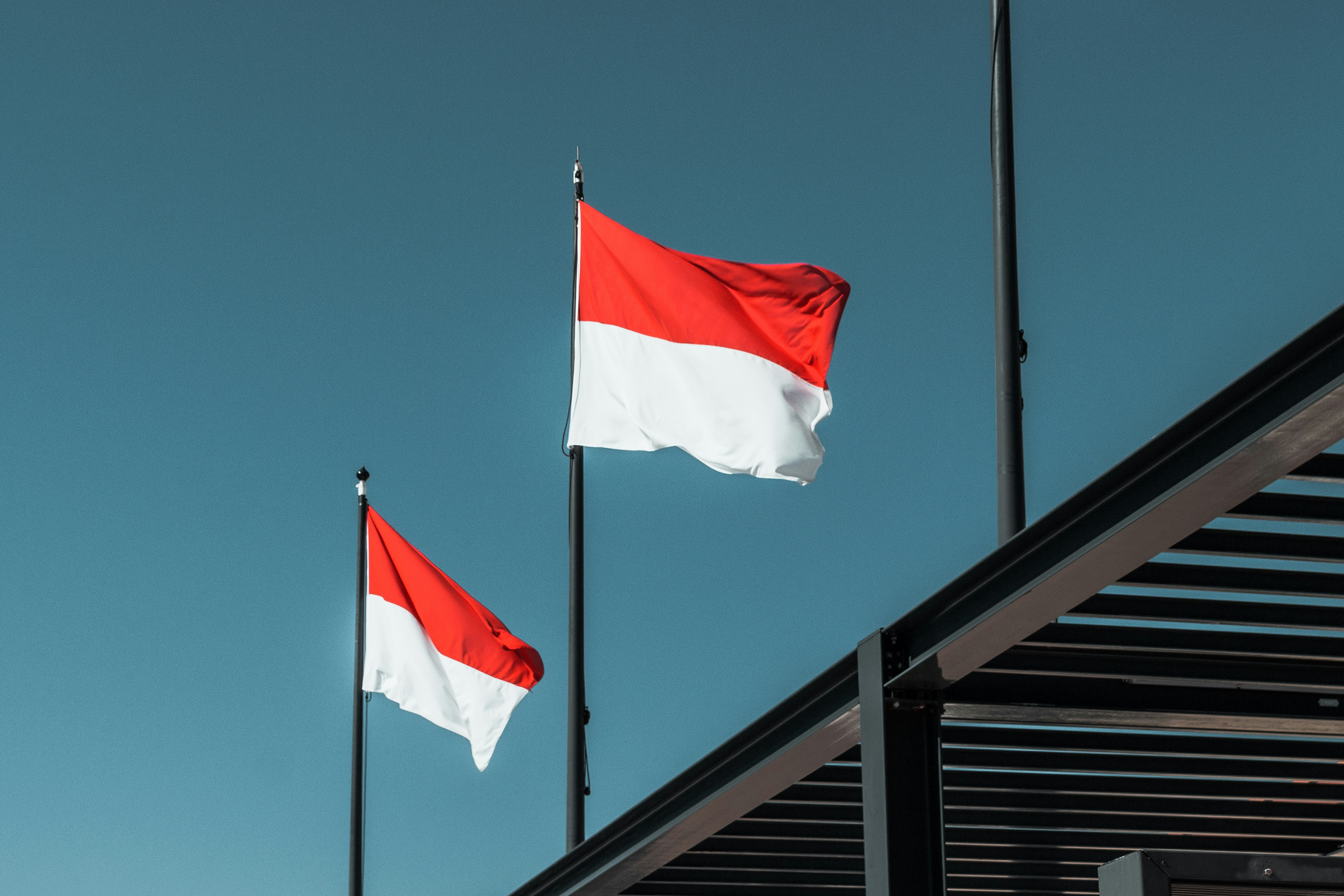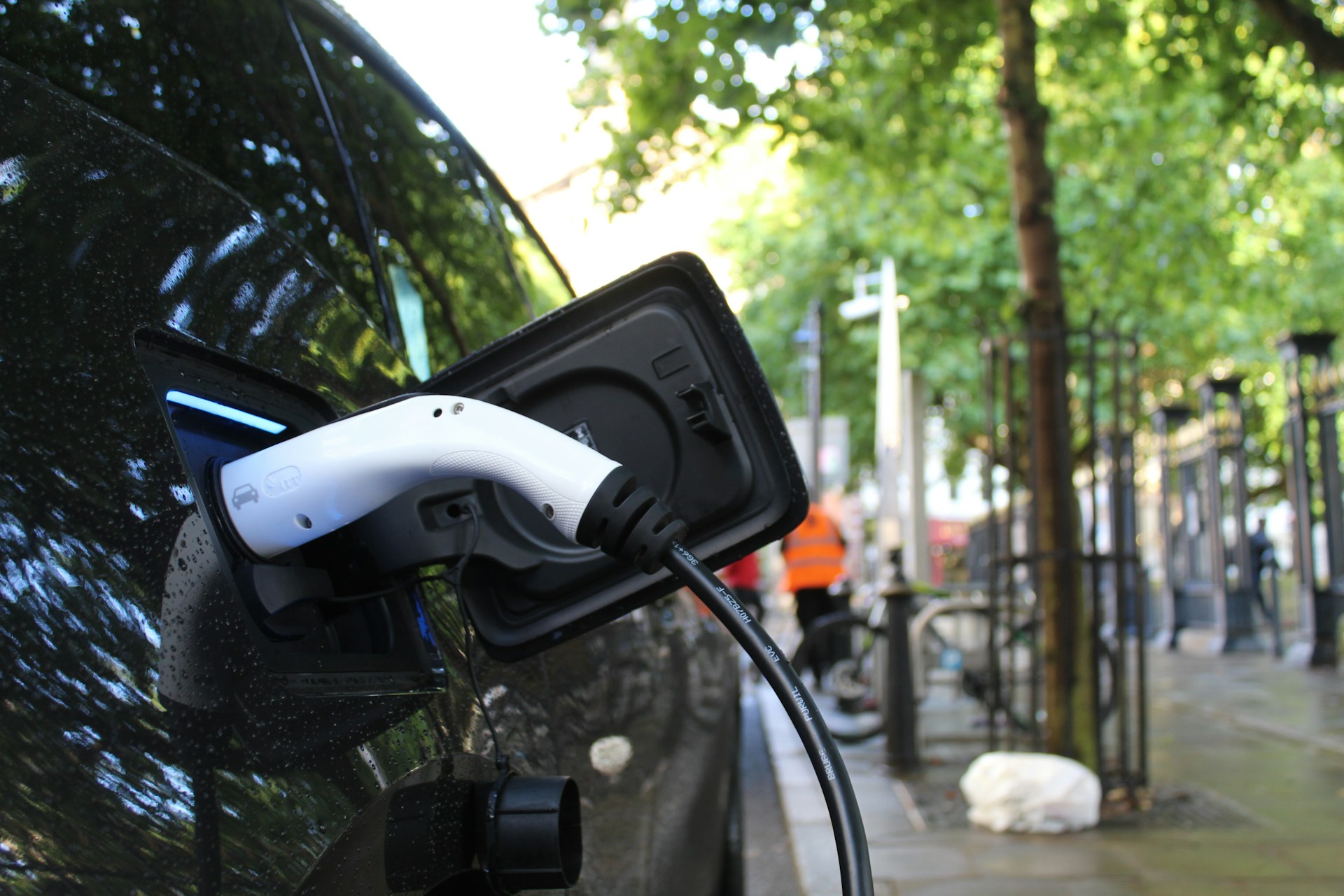As Indonesia continues to assert itself as a prominent global player—driven by its economic scale and geopolitical influence—international spectators are closely monitoring the direction of its foreign policy. To date, Indonesia has actively participated in numerous prestigious international organisations and has positioned itself as a primus inter pares in ASEAN, one of the oldest regional organisations. Indonesia now seeks to enhance its contribution to international peace and security as mandated by its Constitution.
As an aspiring middle power, Indonesia is expected to contribute to the maintenance of global order, particularly at a time when intensified rivalry among major powers threatens the stability of international norms and principles that have underpinned peace and security. In a global environment where developing powers gain prominence through rapid economic growth and commitment to reform outdated elements of existing international order, expectations are high for these countries to articulate a coherent and constructive foreign policy.
In Indonesia’s case, there is genuine concern regarding the extent to which it comprehends the dynamics of great powers rivalry and anticipates its impact on its foreign policy trajectory. Escalating tensions among major powers have created a vortex pulling countries in different directions, pressuring them to align with one side regardless of whether doing so serves their national interests. It is therefore essential to evaluate how a state can build resilience against such external pressure. More importantly, a country must have a clear vision of how to navigate these challenges—not only to mitigate risks but also to seize opportunities that maximise its strategic interests.









